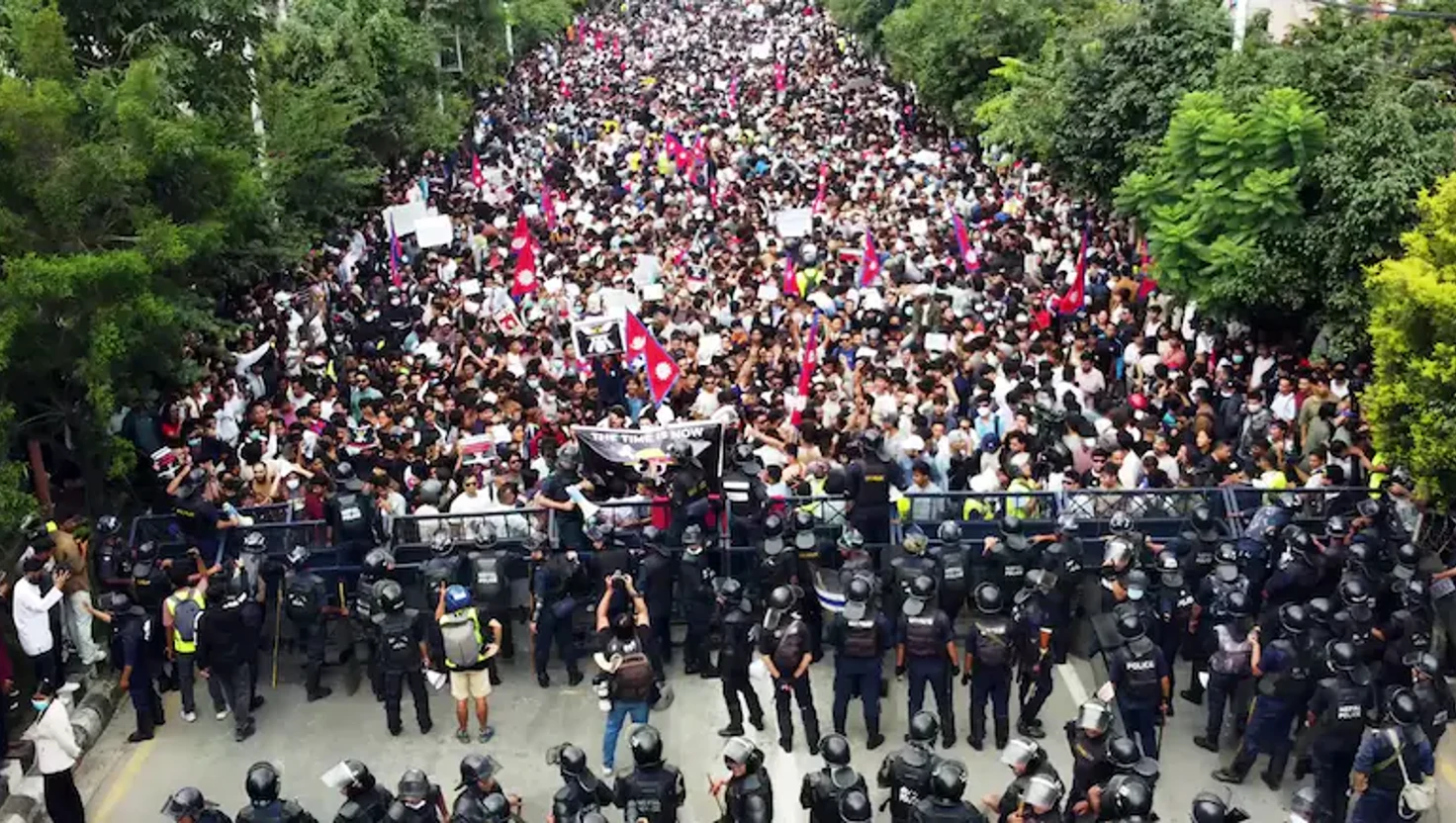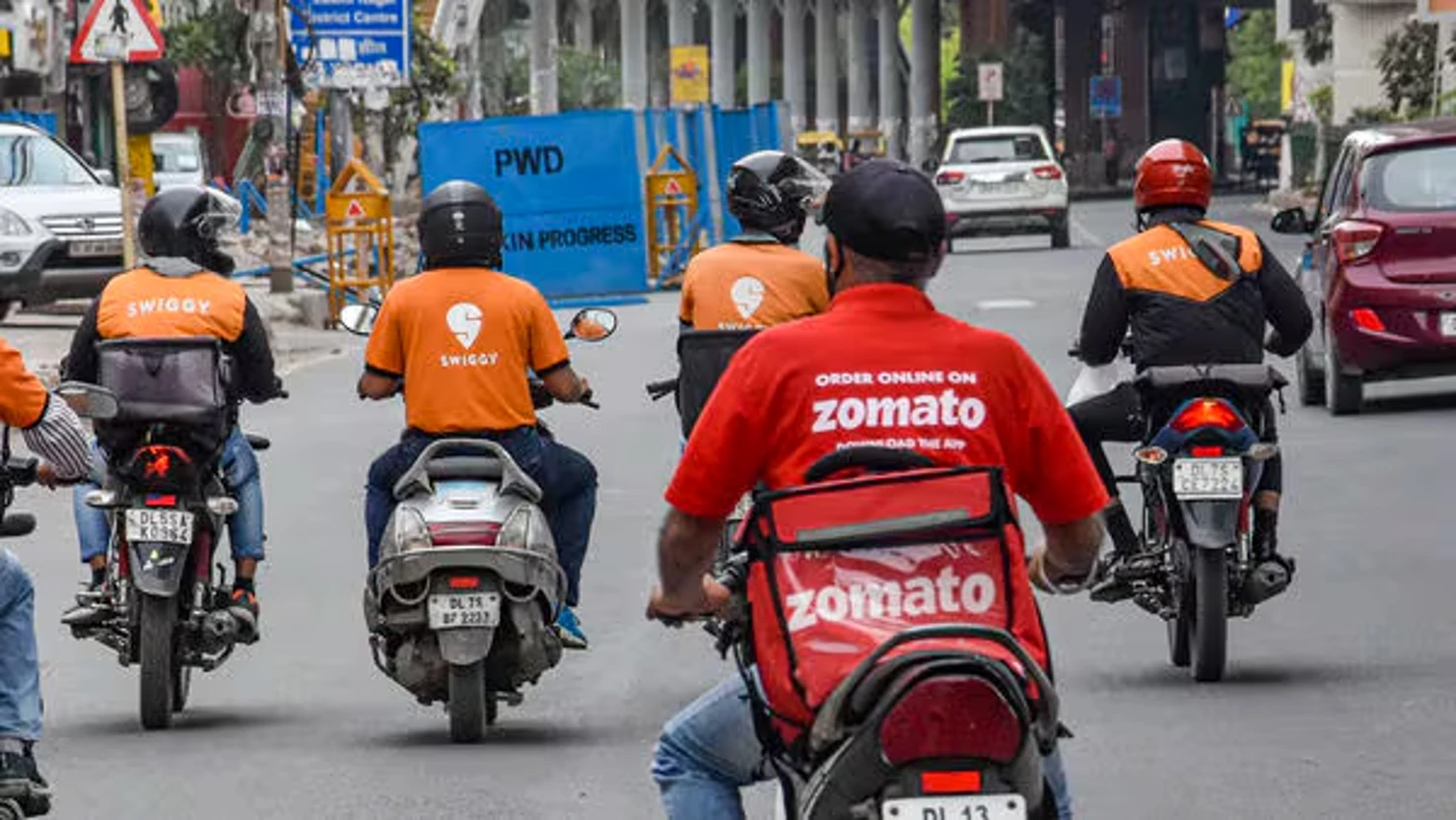Russian Scientists Develop New mRNA Cancer Vaccine for Clinical Use

Russian Scientists Develop New mRNA Cancer Vaccine for Clinical Use
The Federal Medical and Biological Agency announces a new mRNA vaccine targeting cancer, showing promising results in clinical trials.
Russian researchers have unveiled a novel cancer vaccine, named Enteromix, which is now deemed ready for clinical use, as stated by the Federal Medical and Biological Agency (FMBA). The disclosure was made by FMBA head Veronika Skvortsova during the Eastern Economic Forum, according to a report by Russian news agency TASS.
Enteromix employs messenger RNA (mRNA) technology, a method also utilised in various Covid-19 vaccines. Unlike traditional vaccines that use weakened viruses, mRNA vaccines instruct the body’s cells to produce specific proteins, prompting an immune response targeted at cancerous cells.
Veronika Skvortsova highlighted that the vaccine has undergone several years of development, encompassing three years of essential preclinical trials. These trials indicated that the vaccine is safe for repeated administration and displays a high level of effectiveness. In certain cases, tumours diminished or progressed more slowly by 60% to 80%, dependent on the specific cancer type.
Additionally, the research team noted enhanced survival rates among participants in the clinical trials.
Initially, the focus of Enteromix will be on colorectal cancer, which affects the large intestine. Research is concurrently advancing on vaccines aimed at glioblastoma, an aggressive form of brain cancer, as well as several types of melanoma, including ocular melanoma, which impacts the eye.
The announcement was made at the 10th Eastern Economic Forum in Vladivostok, a significant event that attracted over 8,400 attendees from more than 75 countries. This development marks a notable milestone in the ongoing pursuit of innovation in cancer treatment, providing hope for patients worldwide.
The FMBA’s commitment to enhancing cancer therapies through advanced scientific methodologies underscores the potential for mRNA technology to revolutionise traditional treatment approaches. This breakthrough may pave the way for future innovations in combating various cancer types, thereby offering new avenues of hope for millions of individuals affected by cancer globally.
Enteromix employs messenger RNA (mRNA) technology, a method also utilised in various Covid-19 vaccines. Unlike traditional vaccines that use weakened viruses, mRNA vaccines instruct the body’s cells to produce specific proteins, prompting an immune response targeted at cancerous cells.
Veronika Skvortsova highlighted that the vaccine has undergone several years of development, encompassing three years of essential preclinical trials. These trials indicated that the vaccine is safe for repeated administration and displays a high level of effectiveness. In certain cases, tumours diminished or progressed more slowly by 60% to 80%, dependent on the specific cancer type.
Additionally, the research team noted enhanced survival rates among participants in the clinical trials.
Initially, the focus of Enteromix will be on colorectal cancer, which affects the large intestine. Research is concurrently advancing on vaccines aimed at glioblastoma, an aggressive form of brain cancer, as well as several types of melanoma, including ocular melanoma, which impacts the eye.
The announcement was made at the 10th Eastern Economic Forum in Vladivostok, a significant event that attracted over 8,400 attendees from more than 75 countries. This development marks a notable milestone in the ongoing pursuit of innovation in cancer treatment, providing hope for patients worldwide.
The FMBA’s commitment to enhancing cancer therapies through advanced scientific methodologies underscores the potential for mRNA technology to revolutionise traditional treatment approaches. This breakthrough may pave the way for future innovations in combating various cancer types, thereby offering new avenues of hope for millions of individuals affected by cancer globally.

Hamas claims its leaders survived Israeli attack in Doha, Qatar
Hamas reports six casualties from an Israeli air strike in Doha, while asserting its leadership remains unharmed amid escalating tensions.
| 2025-09-10

Moody's Predicts Greater Revenue Loss from India GST Cuts Than Expected
Moody's Ratings estimates that India’s GST cuts will result in higher lost revenue than government predictions, impacting fiscal health.
| 2025-09-10

Police firing kills 19 in Nepal. Social Media ban lifted
Nepal's government has lifted a social media ban following violent protests that claimed 19 lives, prompting resignations and calls for investigations.
| 2025-09-09

E-commerce Delivery Costs Set to Rise After 18% GST Implementation
E-commerce platforms in India, including Zomato and Swiggy, will charge 18% Goods and Services Tax on delivery fees starting September 22, 2025.
| 2025-09-07

The Conjuring: Last Rites Outperforms Baaghi 4 at Indian Box Office
The Conjuring: Last Rites tops the Indian box office, surpassing Baaghi 4, prompting reflections from filmmaker Sanjay Gupta on industry trends.
| 2025-09-07




